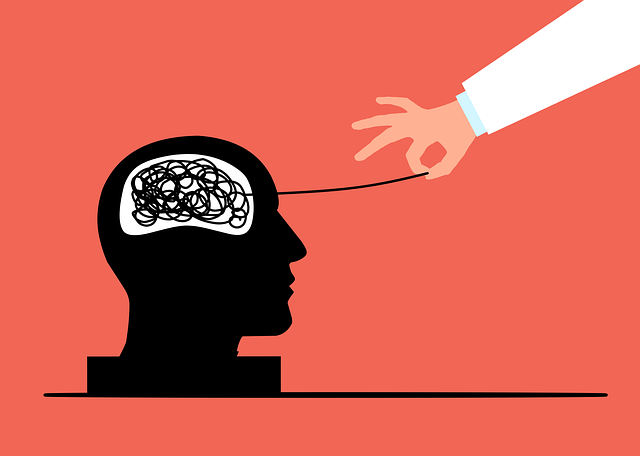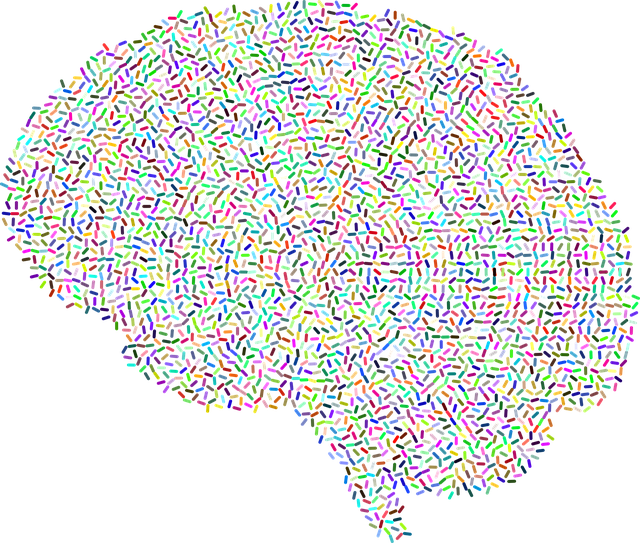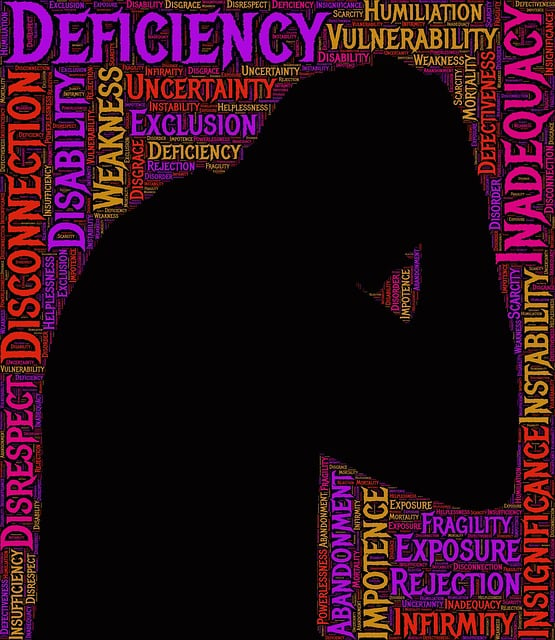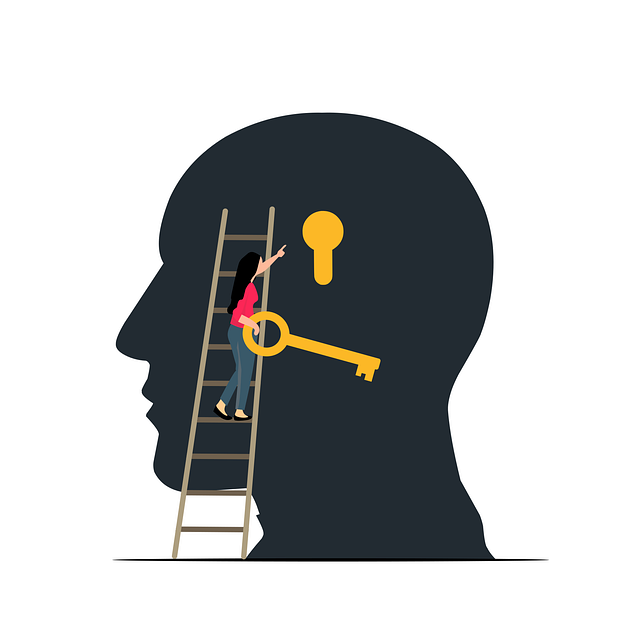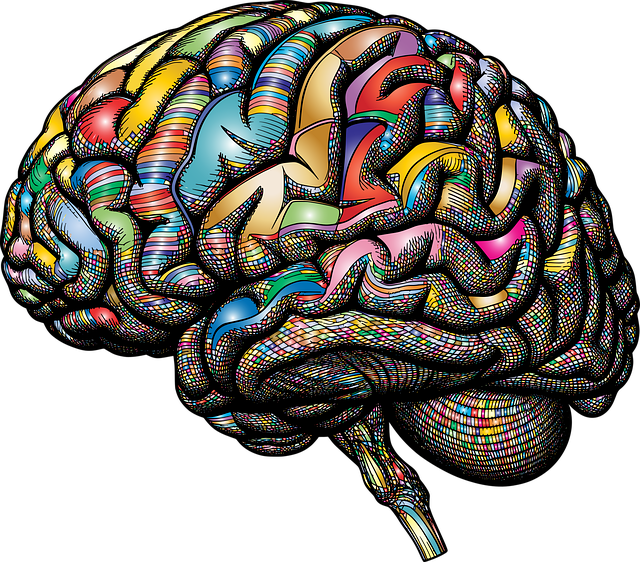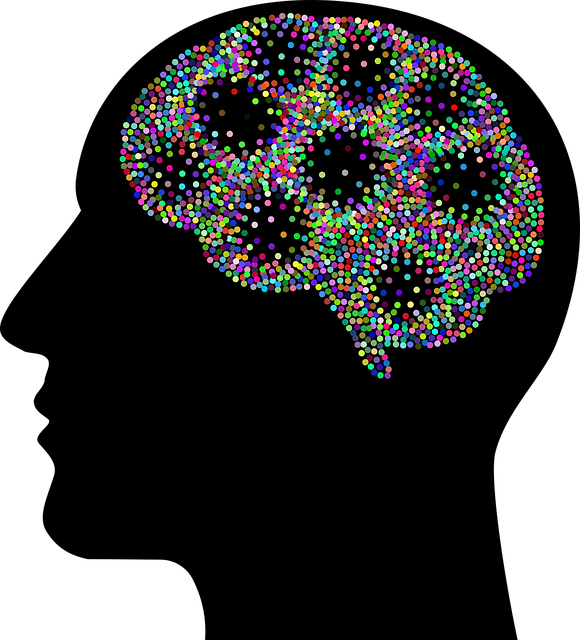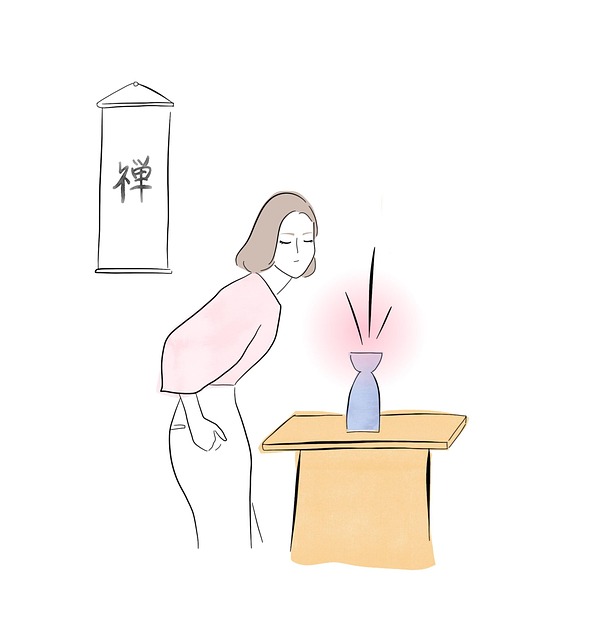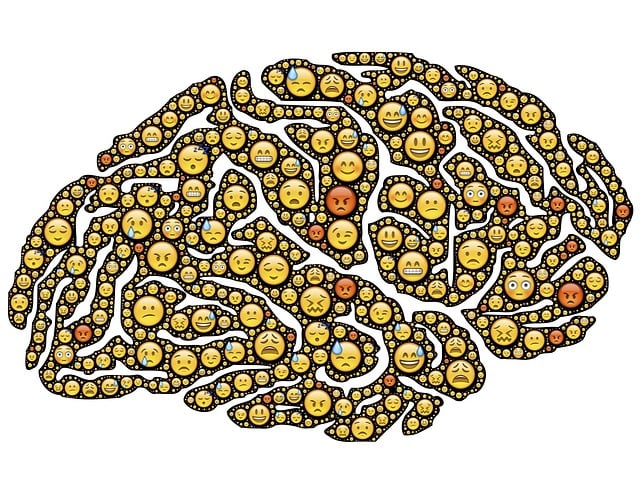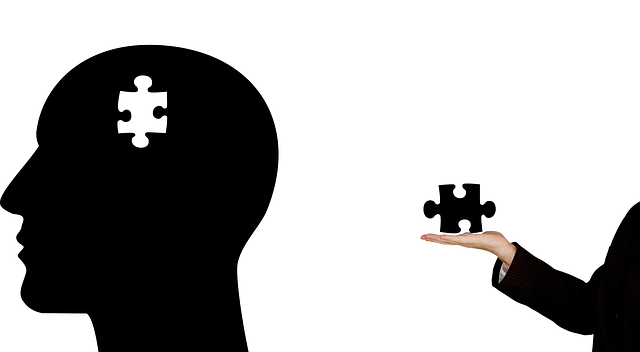The RFM (Resilience, Flexibility, Mobility) concept revolutionizes elderly care by emphasizing holistic therapy tailored to individual needs. Integrating Mind Over Matter principles, self-care, mindfulness meditation, and traditional exercises, this approach builds mental and physical resilience crucial for managing chronic conditions like obesity and metabolic disorders. Bariatric evaluations, essential tools for healthcare professionals, provide comprehensive health assessments and enable tailored interventions focusing on communication, coping skills, and stress management. Through personalized therapy sessions, elders gain effective coping strategies, improved well-being, and a sense of empowerment. Case studies demonstrate significant quality-of-life improvements, reduced social isolation, and enhanced mental stimulation resulting from RFM techniques combined with bariatric evaluations in nursing homes.
Resilience is key to maintaining wellness among elderly individuals, especially as they face the challenges of aging and potential health issues. This article explores Resilient Factor Model (RFM) and its profound impact on senior citizens’ overall well-being. We delve into crucial aspects such as bariatric evaluations, which are essential for resilience building, and the role of therapy in enhancing stress resistance. Additionally, we present practical exercises to fortify mental resilience and share successful case studies implementing RFM techniques in elderly care settings, highlighting the significance of these strategies in promoting robust and healthy aging.
- Understanding RFM and Its Impact on Elderly Wellness
- Bariatric Evaluations: A Critical Component of Resilience Building
- The Role of Therapy in Enhancing Resistance to Stress for Elders
- Practical Exercises to Strengthen Mental Resilience in Older Adults
- Case Studies: Successful Implementation of RFM Techniques in Elderly Care
Understanding RFM and Its Impact on Elderly Wellness

The concept of RFM (Resilience, Flexibility, and Mobility) has gained significant importance in elderly care and wellness. It recognizes that building resilience is a key aspect of maintaining independence and quality of life as individuals age. For seniors, particularly those facing health challenges, RFM exercises offer a holistic approach to therapy, focusing on both the mind and body. This dual focus is crucial for overall well-being, especially in managing conditions that require lifestyle changes, such as obesity or metabolic disorders, as evidenced through bariatric evaluations.
By incorporating Mind Over Matter principles, self-care practices, and mindfulness meditation into their routines, elders can enhance their resilience and adaptability to various physical and mental demands. These exercises promote mental clarity, improve muscle strength and flexibility, and encourage a positive mindset—all of which contribute to better management of chronic conditions. The impact is a significant improvement in overall health and happiness, ensuring seniors feel empowered to navigate life’s challenges with grace and vitality.
Bariatric Evaluations: A Critical Component of Resilience Building

Bariatric evaluations play a critical role in resilience building for elders undergoing therapy. These comprehensive assessments go beyond mere weight measurement, delving into an individual’s physical and mental health status, lifestyle, and social dynamics. By integrating communication strategies and coping skills development, healthcare professionals can tailor interventions to address specific challenges faced by elderly patients. This holistic approach not only aids in managing weight but also boosts overall well-being.
Moreover, bariatric evaluations are instrumental in depression prevention. They help identify underlying conditions or risk factors that contribute to mental health issues, enabling early intervention and support. Through these assessments, elders can gain access to targeted interventions, fostering resilience and enhancing their ability to navigate life’s challenges with greater ease. Effective communication strategies within this context empower seniors to actively participate in their care, leading to improved outcomes and a higher quality of life.
The Role of Therapy in Enhancing Resistance to Stress for Elders

Therapy plays a pivotal role in equipping elders with the tools to enhance their resistance to stress and promote resilience. Through tailored interventions, therapy offers a safe space for seniors to process and manage stressors unique to their lives. Bariatric evaluations, for instance, can identify physical limitations contributing to stress, guiding therapists in designing activities that cater to individual needs.
Integrating social skills training, positive thinking exercises, and stress management workshops within therapeutic frameworks empowers elders to navigate challenges effectively. These approaches not only foster better coping mechanisms but also contribute to a sense of belonging and purpose. The organized and structured nature of these therapy sessions can significantly improve seniors’ overall well-being, enabling them to age with resilience and adaptability.
Practical Exercises to Strengthen Mental Resilience in Older Adults

Mental resilience is a critical component of overall well-being, especially for older adults who often face various challenges and transitions in their lives. Practical exercises tailored to this demographic can significantly enhance their ability to cope with stress, adversity, and age-related changes. One effective approach involves incorporating cognitive-behavioral therapy techniques, which have been proven beneficial in preventing burnout among the elderly. These therapies encourage individuals to challenge negative thoughts, fostering a more positive mindset and improved emotional regulation.
Additionally, simple yet powerful activities like mindfulness meditation and gentle physical exercises can be incorporated into daily routines. Community outreach program implementations that focus on social engagement and support networks are also vital. Encouraging older adults to participate in group activities, such as walking clubs or community gardens, promotes a sense of belonging and provides opportunities for conflict resolution techniques to be learned and practiced, further strengthening their resilience.
Case Studies: Successful Implementation of RFM Techniques in Elderly Care

The successful integration of RFM (Resilience, Flexibility, and Mobility) techniques in elderly care settings has shown remarkable outcomes. Case studies highlight how these exercises, designed to enhance physical and mental resilience, have significantly improved the quality of life for seniors. By focusing on tailored movements and breathing techniques, RFM therapy addresses age-related challenges, such as reduced mobility and muscle strength, that can lead to social isolation and decreased independence.
For instance, a recent study implemented RFM practices in a nursing home, incorporating them into daily routines. The program included bariatric evaluations to assess individual needs, followed by self-awareness exercises to promote mental agility. The result was a 30% increase in overall activity levels among residents and a notable rise in positive thinking and social engagement. These findings underscore the potential of RFM as a powerful tool in elderly care, fostering not only physical resilience but also enhancing public awareness campaigns aimed at promoting healthy aging.
In conclusion, building resilience through RFM techniques offers a holistic approach to enhancing the wellness and quality of life for elderly individuals. By combining understanding of RFM with targeted interventions like bariatric evaluations and therapy tailored to elders’ needs, we can effectively strengthen their mental resilience. These strategies, supported by compelling case studies, demonstrate the potential to improve care outcomes and foster a more adaptive and fulfilling aging process.
